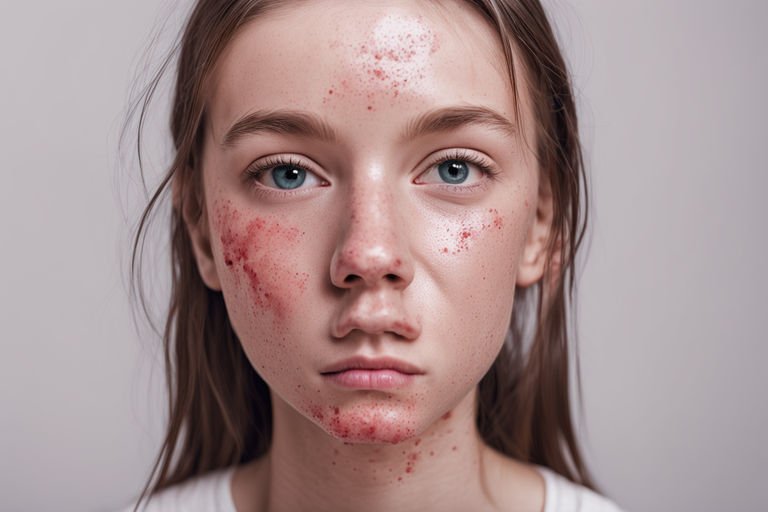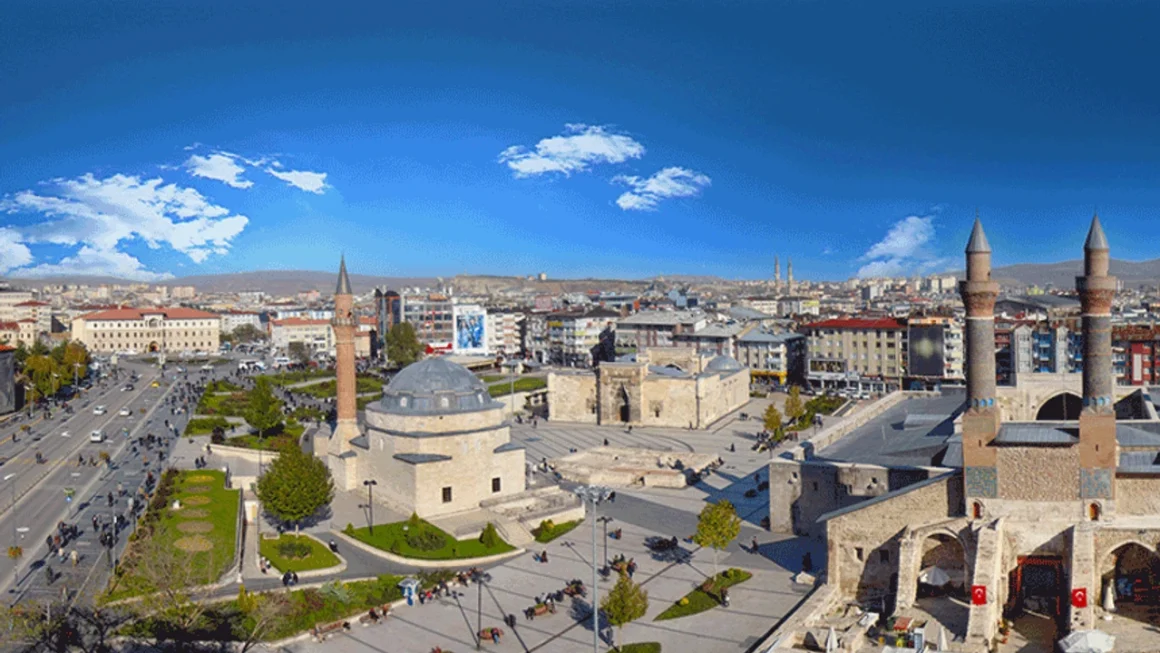Pimples, also known as acne, are a common skin condition that affects people of all ages, but they are most common among teenagers. They occur when hair follicles become clogged with oil and dead skin cells, creating a perfect environment for bacteria to grow. This can lead to inflammation and the formation of pimples.
Here are some of the main causes of pimples:
- Excess oil production: The sebaceous glands in the skin produce oil (sebum) to help keep the skin lubricated. However, if these glands produce too much oil, it can clog pores and lead to pimples.
- Dead skin cells: Skin cells are constantly being renewed, and old cells are shed. However, if these dead skin cells are not properly removed, they can build up in pores and contribute to breakouts.
- Bacteria: Propionibacterium acnes (P. acnes) is a type of bacteria that naturally lives on the skin. These bacteria feed on sebum and can multiply rapidly in clogged pores, leading to inflammation and pimples.
- Hormonal changes: Hormonal fluctuations, such as those that occur during puberty and menstruation, can trigger an increase in oil production and make people more prone to breakouts.
- Stress: Stress can worsen acne by increasing oil production and inflammation.
- Diet: While there is no scientific evidence that eating certain foods directly causes acne, some people find that their breakouts worsen when they consume sugary, greasy, or processed foods.
- Medications: Some medications, such as corticosteroids and antidepressants, can increase the risk of breakouts.
- Genetics: If you have a family history of acne, you are more likely to develop the condition yourself.
- Poor hygiene: Not washing your face regularly or using harsh soaps can irritate the skin and make breakouts worse.
Preventing pimples:
- Wash your face twice daily: Use a gentle cleanser that is appropriate for your skin type.
- Moisturize: Use a non-comedogenic moisturizer to help keep your skin hydrated.
- Use oil-free makeup: Choose makeup products that are labeled as “oil-free” or “non-comedogenic” to avoid clogging your pores.
- Remove makeup before bed: Never go to bed with your makeup on.
- Protect your skin from the sun: Use a sunscreen with an SPF of 30 or higher every day, even on cloudy days.
- Eat a healthy diet: Focus on eating plenty of fruits, vegetables, and whole grains.
- Manage stress: Find healthy ways to manage stress, such as exercise, yoga, or meditation.
- Avoid smoking and excessive alcohol: Smoking and excessive alcohol consumption can worsen acne.
If you have pimples that are severe or do not respond to home treatment, see a dermatologist. They can help you develop a personalized treatment plan to clear your skin.
Remember: Pimples are a common skin condition that can be effectively treated. With proper care and lifestyle changes, you can achieve clear, healthy skin.









